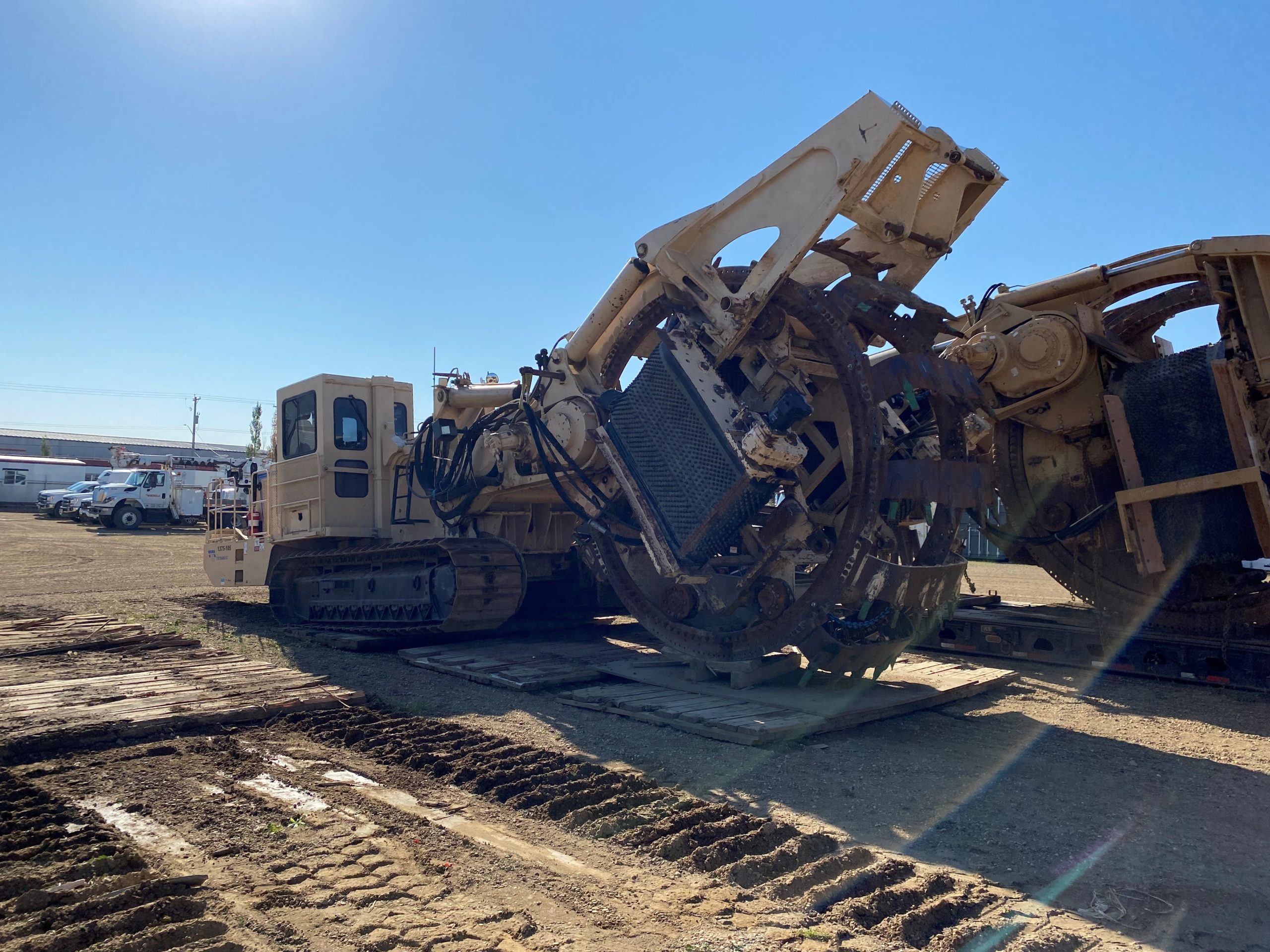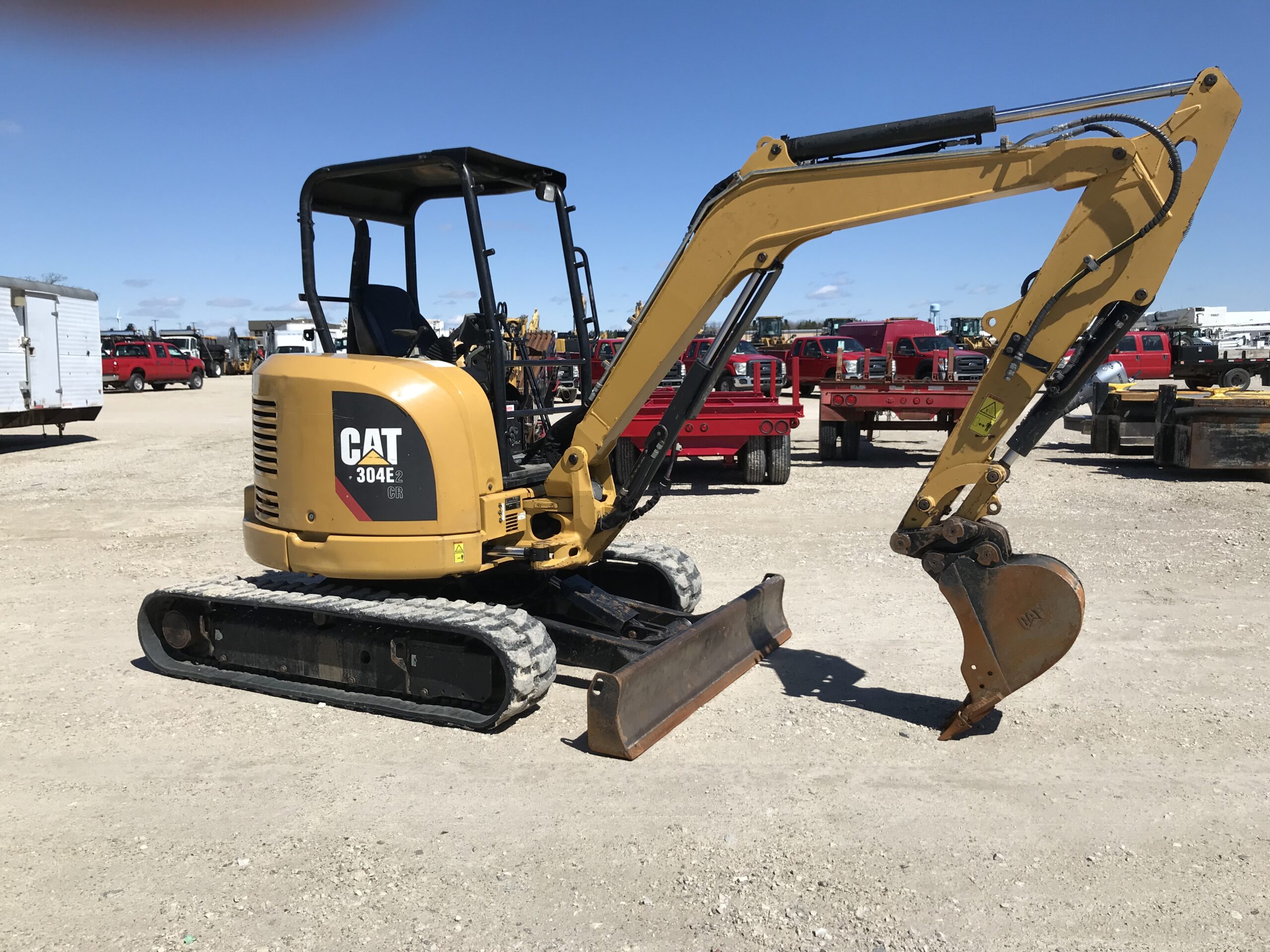Michels Equipment For Sale – In a world dominated by fast fashion, disposable electronics, and mass-produced items, many people are beginning to question the value of constantly purchasing new products. Thrift stores, estate sales, and online marketplaces are excellent places to find second-hand furniture, with options ranging from antique and vintage pieces to more contemporary items. This connection between consumers and the creators of quality goods is something that’s been fostered for centuries. Whether it’s funding education, supporting homelessness services, or providing medical assistance, the money spent in second-hand shops can contribute to making a difference in the lives of others. The market for second-hand goods is also influenced by societal trends and economic conditions. Many quality goods are made by artisans or small businesses who take the time to create products that reflect their expertise and passion. With the rise of e-commerce, the accessibility of quality goods for sale has expanded exponentially. This has opened up new opportunities for small businesses to thrive and for consumers to access unique, well-made items that they might not have encountered otherwise. This sense of connection can also extend to the broader culture of quality goods, where consumers and creators share a commitment to excellence and a desire to preserve the craft and tradition behind these products. Furniture is another category that lends itself well to the second-hand market. Second-hand goods for sale have become an integral part of today’s economy, a trend that transcends geographic, economic, and cultural boundaries. It’s a world where even personal growth, self-actualization, and emotional healing are framed as commodities, available for purchase at any time, but only if you’re willing to pay the price. What will come next? What new opportunities will arise from this decision? When an item is placed “for sale,” it’s not just the object that’s changing hands; it’s often a reflection of the personal changes happening within the seller. For those on the outside looking in, the idea of acquiring an existing business might seem both enticing and overwhelming. The appeal of finding a hidden gem, something that has been cherished by someone else and is now available for a new owner, is a part of the allure of second-hand goods. Despite the many advantages of buying and selling second-hand goods, there are some challenges that both buyers and sellers must navigate. While some people may be hesitant to purchase pre-owned electronics due to concerns about quality or reliability, the second-hand market for electronics has become increasingly trustworthy. A car is something that can hold a great deal of sentimental value. The process of selling it can be seen as a form of letting go, a recognition that the future may look different from the past, but that doesn’t diminish its importance or value. The items placed for sale are not merely commodities; they are often vessels of memories, symbols of past achievements, or representations of something bigger than the price tag they carry.

2011 Tesmec 1375 Bucket Wheel Trencher Michels Equipment Sales
Propane, gas & electricdiesel powered forkliftsrequest a quotenew & used forklifts

2017 Tesmec 1575 Bucket Wheel Trencher Michels Equipment Sales
Propane, gas & electricdiesel powered forkliftsrequest a quotenew & used forklifts

2018 Caterpillar 304E2 Mini Excavator Michels Equipment Sales
Propane, gas & electricdiesel powered forkliftsrequest a quotenew & used forklifts

McKay Portable Construction Light Michels Equipment Sales
Propane, gas & electricdiesel powered forkliftsrequest a quotenew & used forklifts

2011 Tesmec 1375 Bucket Wheel Trencher Michels Equipment Sales
Propane, gas & electricdiesel powered forkliftsrequest a quotenew & used forklifts

ToolTemp TT5 500E Water Chiller Michels Equipment Sales
Propane, gas & electricdiesel powered forkliftsrequest a quotenew & used forklifts

2017 Tesmec 1575 Bucket Wheel Trencher Michels Equipment Sales
Propane, gas & electricdiesel powered forkliftsrequest a quotenew & used forklifts

2005 Altec AM900E100 (Elevator) Bucket Body (I) Michels Equipment Sales
Propane, gas & electricdiesel powered forkliftsrequest a quotenew & used forklifts

2003 Acme Dynamic Towable 6" Water Pump Michels Equipment Sales
Propane, gas & electricdiesel powered forkliftsrequest a quotenew & used forklifts

2004 Tesmec TRS1175XHD Trencher Michels Equipment Sales
Propane, gas & electricdiesel powered forkliftsrequest a quotenew & used forklifts
The desire for more, the constant pursuit of bigger profits and greater influence, can lead to exploitation. Sellers also have to deal with the emotional aspects of letting go of a business that they may have built over many years. A blacksmith might craft a sword, a tailor might stitch a suit, and a potter might mold a vase. The concept of quality, however, is not a one-size-fits-all. Manufacturing new items requires energy, raw materials, and natural resources, all of which contribute to environmental degradation. A piece of furniture, for instance, may hold sentimental value simply because it’s been in the family for generations. The first and most obvious reason is the tangible benefits they offer. An item’s worth can be subjective, influenced by the desires, needs, and circumstances of both the seller and the buyer. Perhaps the most troubling aspect of the idea that everything is for sale is how it can shape the way we view the world and each other. For sellers, the market for second-hand goods offers an opportunity to declutter their homes and make some extra money. A new smartphone, for example, can cost hundreds of dollars, but buying a used one can cut the price down by more than half. The production of new goods often requires significant resources, such as raw materials, energy, and labor, while also generating waste and contributing to pollution. When everything becomes a transaction, we risk losing sight of what truly matters. Thrifted clothing, vintage furniture, and pre-owned electronics are often seen as more authentic and unique than brand-new, mass-produced items. Whether through thrift stores, flea markets, online platforms, or garage sales, second-hand goods provide consumers with an opportunity to find items they might not otherwise be able to afford, while also contributing to a circular economy where products are reused and repurposed. These generations are more aware of the environmental impact of fast fashion, disposable goods, and the need to adopt more sustainable practices. Thrift stores, estate sales, and online marketplaces are excellent places to find second-hand furniture, with options ranging from antique and vintage pieces to more contemporary items. There are those who argue that not everything should be for sale. One of the primary reasons people turn to second-hand goods for sale is financial. For the buyer, a car offers freedom, mobility, and a chance to create their own story on the road.
In a circular economy, items are kept in use for as long as possible, reducing the need for new resources and minimizing environmental harm. They believe that certain things, like love, loyalty, and friendship, should be above the reach of commerce. This is particularly important in a world where design has become a central element in consumer decision-making. Thrift stores, consignment shops, and online marketplaces like eBay and Poshmark provide a platform for people to sell or buy pre-owned high-quality goods. It’s a constant negotiation, where both parties seek to align their perceptions of worth and reach an agreement that satisfies both sides. For sellers, the challenge lies in pricing items fairly and accurately representing their condition. Influencers sell their attention, their opinions, their lives — all of it has become a form of commerce. This shift from a linear economy, where products are made, used, and disposed of, to a circular one, where products are continually reused and repurposed, is a step towards a more sustainable and environmentally friendly world. The most obvious benefit is the cost savings. Additionally, there is the challenge of integrating the business into their existing operations and ensuring that it continues to thrive under new ownership. Millennials and Gen Z, in particular, have embraced the idea of second-hand shopping as a way to challenge consumerism, reduce waste, and express their individuality. When consumers buy these goods, they are investing in both the product and the people behind it. These acts of generosity remind us that there are still things in life that cannot be bought, cannot be sold, and cannot be quantified. Even in a marketplace where everything is commodified, there is still room for those moments and experiences that transcend value. People are rediscovering the value of items that have been made by hand, with care and skill, as opposed to the impersonal, assembly-line products that dominate the marketplace. This desire for items with character and a story behind them has contributed to the growing appeal of second-hand goods. The marketplace, for all its flaws, has brought about great innovations. Thrift stores and consignment shops often work with charitable organizations or local non-profits, using the proceeds from sales to support various causes. Once a suitable business has been identified, the buyer usually begins the due diligence process, which involves reviewing all relevant documents, financial records, and contracts. For the seller, the goal is often to maximize the value of the business, while for the buyer, the focus is on ensuring that the investment is sound and that the business can continue to thrive under new ownership.